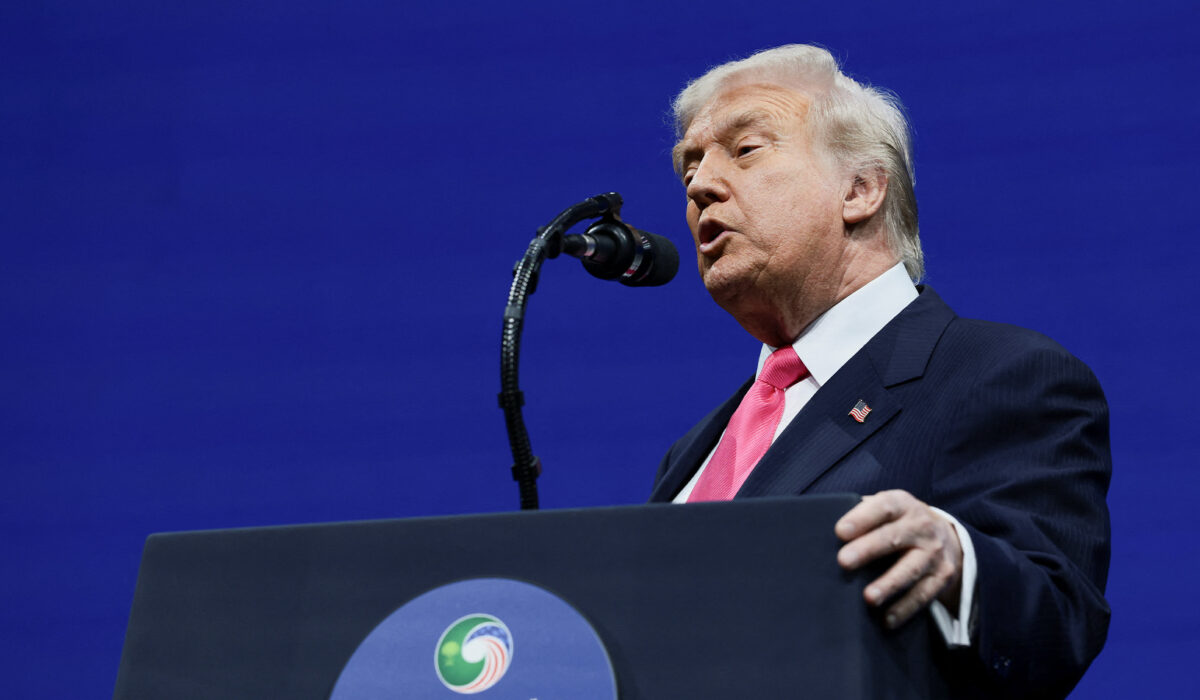Nuclear Power and American Energy Policy
The Trump administration is right to make nuclear power part of the U.S. energy solution.
Supporting reliable, high-output energy is not a partisan slogan, it is a practical necessity for families and industry. Nuclear plants deliver steady baseload power that supplements renewable sources when the wind stops or the sun goes down. That reliability keeps factories running, hospitals operating, and homes warm in winter.
Energy independence matters for both security and the economy. Expanding domestic nuclear capacity reduces dependence on foreign fuel and shields America from geopolitical supply shocks. That kind of self-reliance is a conservative value that translates into jobs and stronger national defense.
Modern nuclear technology looks nothing like the old models many people imagine. Small modular reactors and advanced designs are safer, more efficient, and cheaper to build at scale. These innovations cut construction time and lower long term operating costs for utilities and consumers.
Regulatory reform is part of the picture if nuclear is going to scale across the country. Streamlined permitting and predictable oversight allow private investors to commit capital and engineers to deliver projects on schedule. Smart rules that protect safety without choking projects are the balance to strike.
Environmental concerns deserve honest treatment, not fearmongering. Nuclear produces very low carbon emissions during operation and can play a major role in meeting climate goals while maintaining grid reliability. That makes it a pragmatic bridge between today’s energy needs and tomorrow’s clean goals.
Waste management is often raised as a knock against nuclear, and the criticism is valid in the sense that we must be responsible. The industry is developing secure storage solutions and advanced recycling concepts that reduce long term waste volumes. The American approach should be practical engineering, not reflexive rejection.
Investing in nuclear is also an industrial policy that spurs high skilled jobs and manufacturing. Building reactors creates work for welders, technicians, designers, and supply chains spread across many states. Those paychecks support families and local businesses in communities that need steady employment.
National security ties directly to who controls energy infrastructure and fuel supply chains. A robust domestic nuclear industry strengthens deterrence by ensuring critical power supplies remain under American control. That is a strategic advantage and one more reason to back policies that foster growth in this sector.
Private sector leadership paired with clear public policy produces results faster than either alone. When investors see stable policy and reasonable timelines, capital flows to projects that meet both market demand and national priorities. This partnership model has driven progress in other energy sectors and can do the same for nuclear.
Community engagement and local benefits are essential for any successful build out. Towns near plants should see economic gains, training programs, and long term tax revenues that offset concerns and encourage local hiring. That kind of buy in turns skeptical neighbors into steady supporters.
America has an opportunity to reclaim leadership in advanced energy technology while protecting jobs and national security. With smart policy, regulated innovation, and a focus on reliability, nuclear power can be a headline piece of a broader American energy strategy that puts workers first and reduces dependence on hostile actors.

